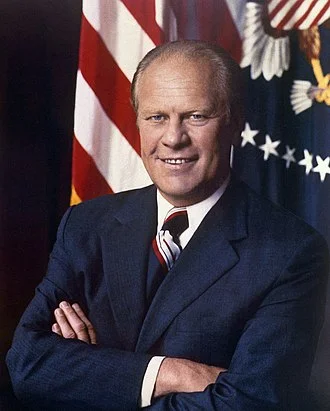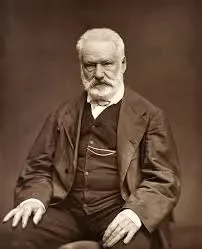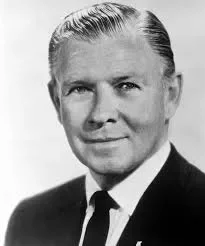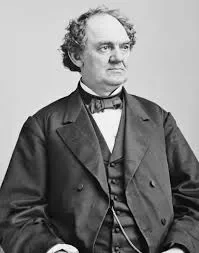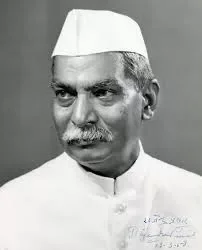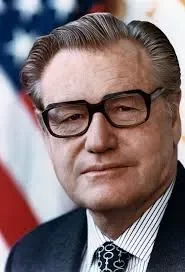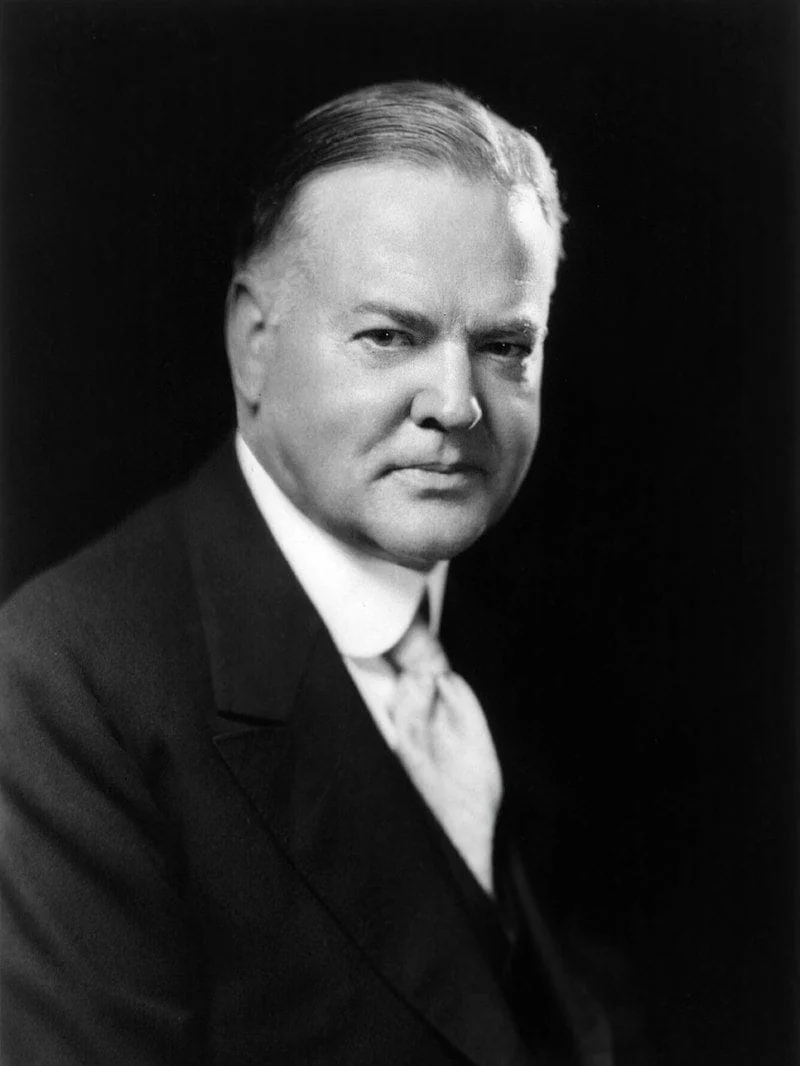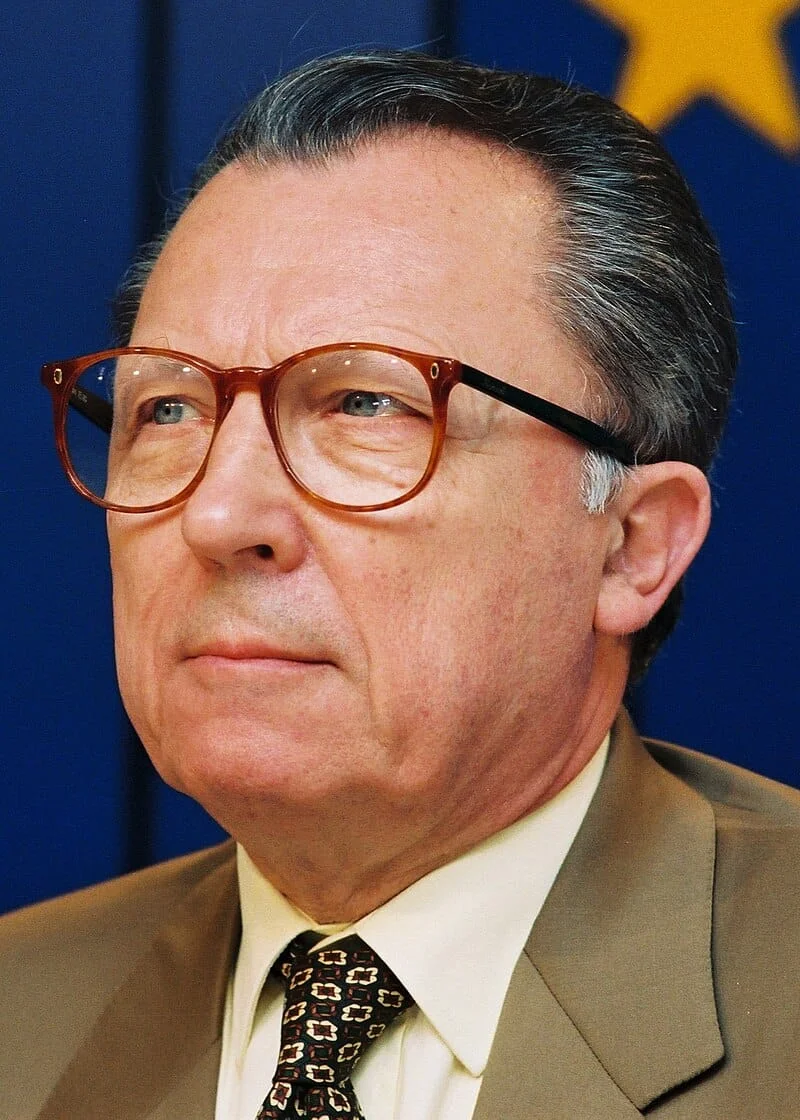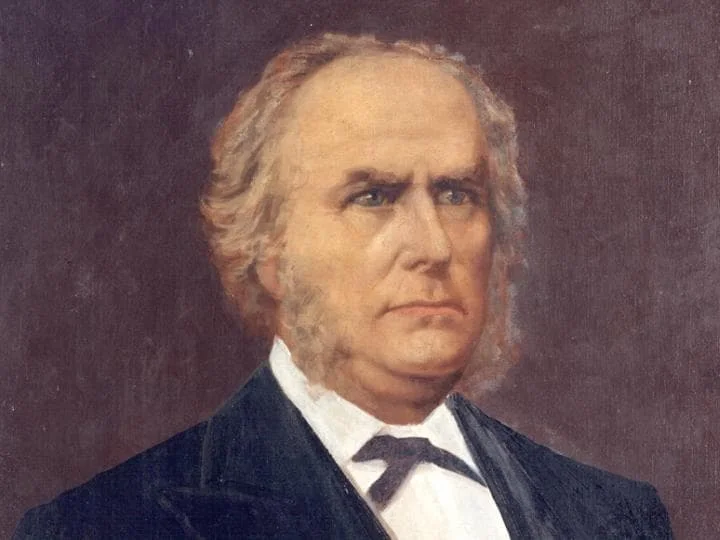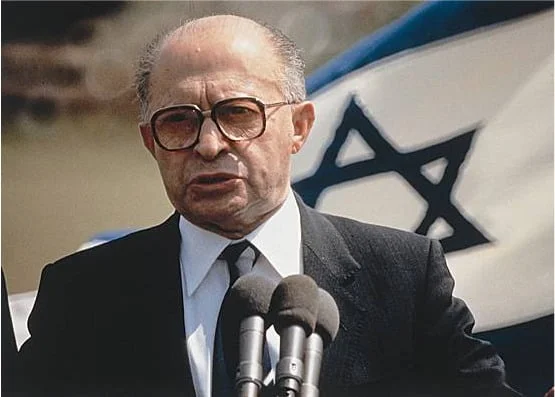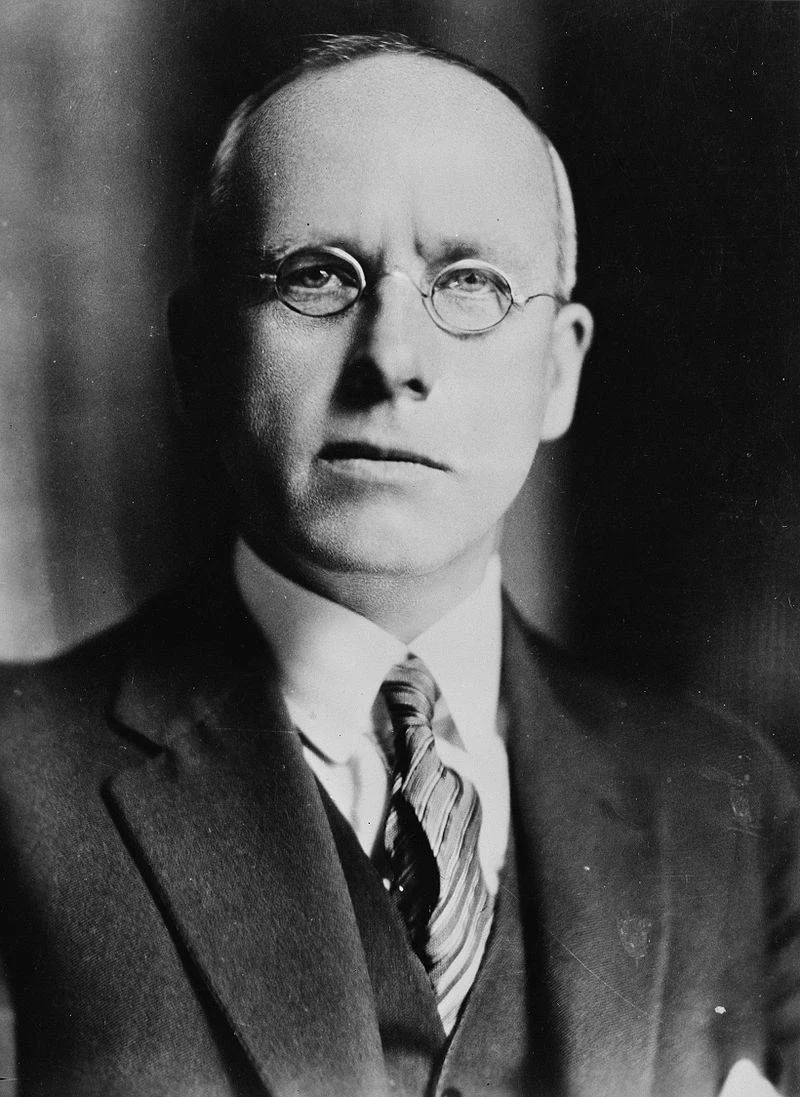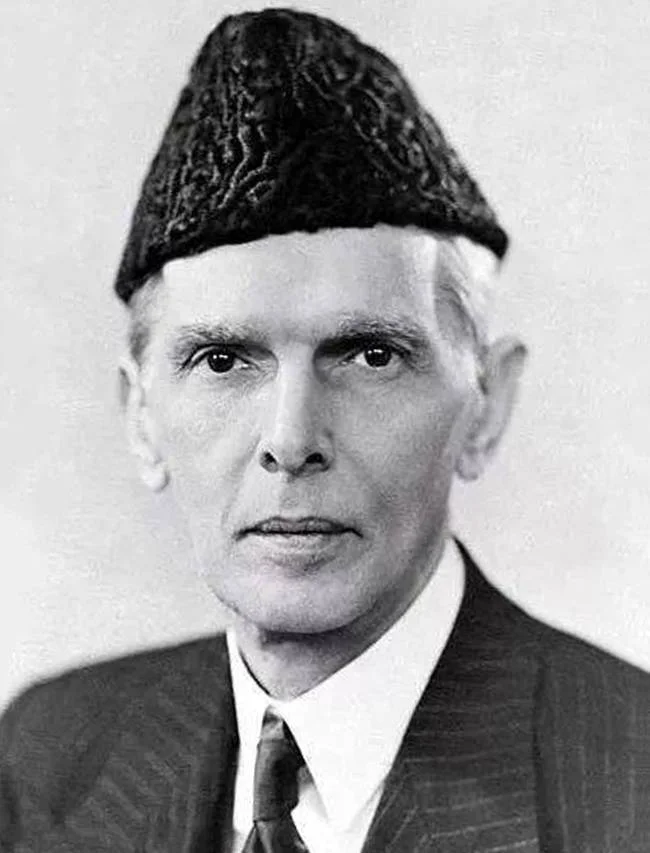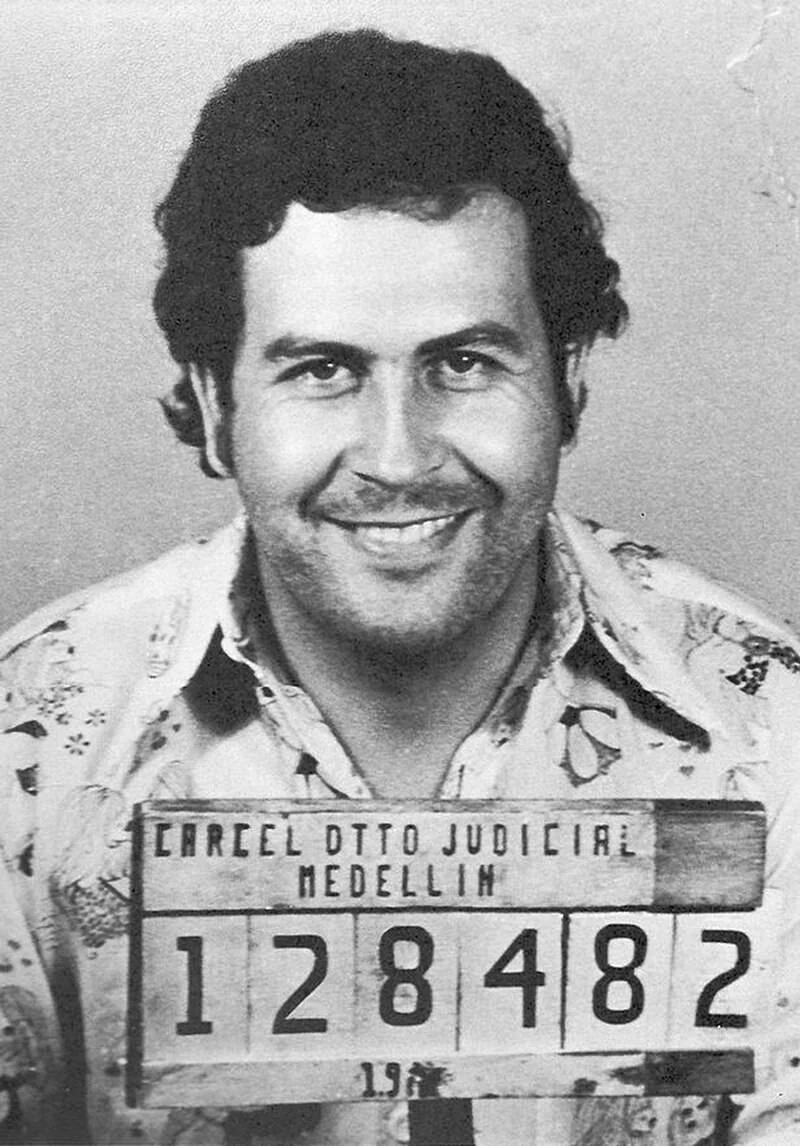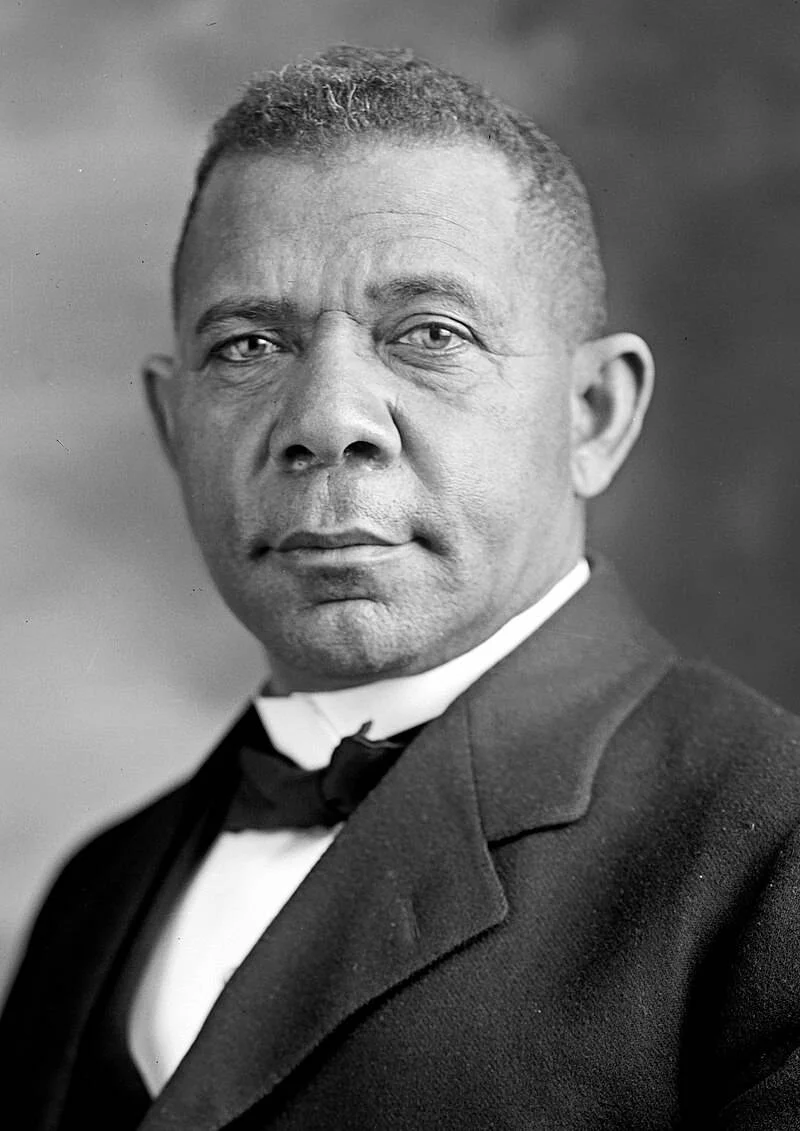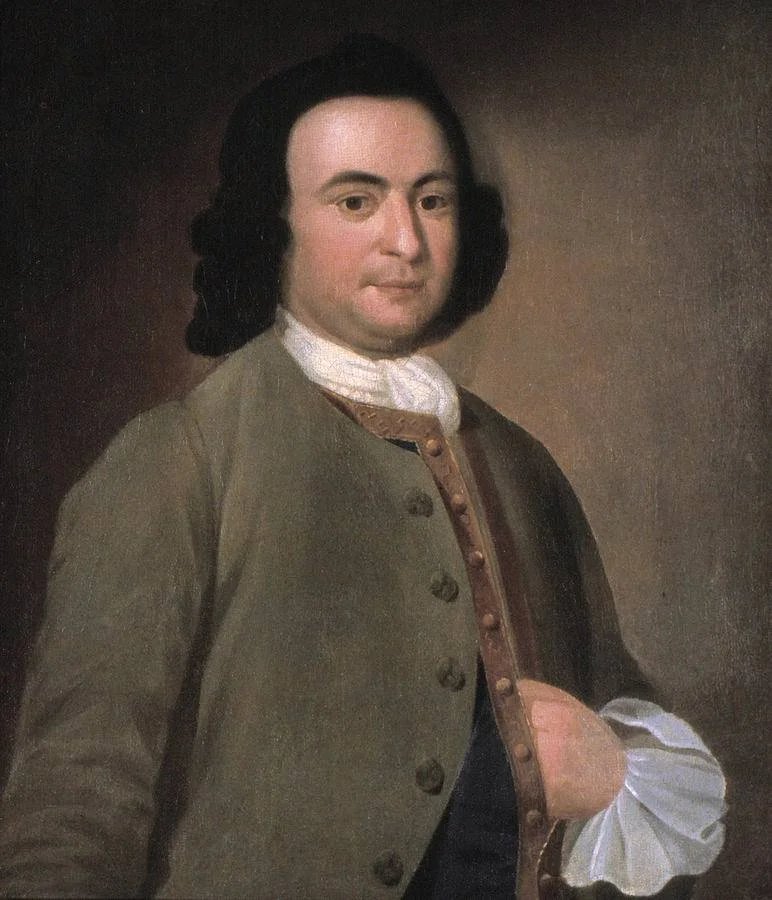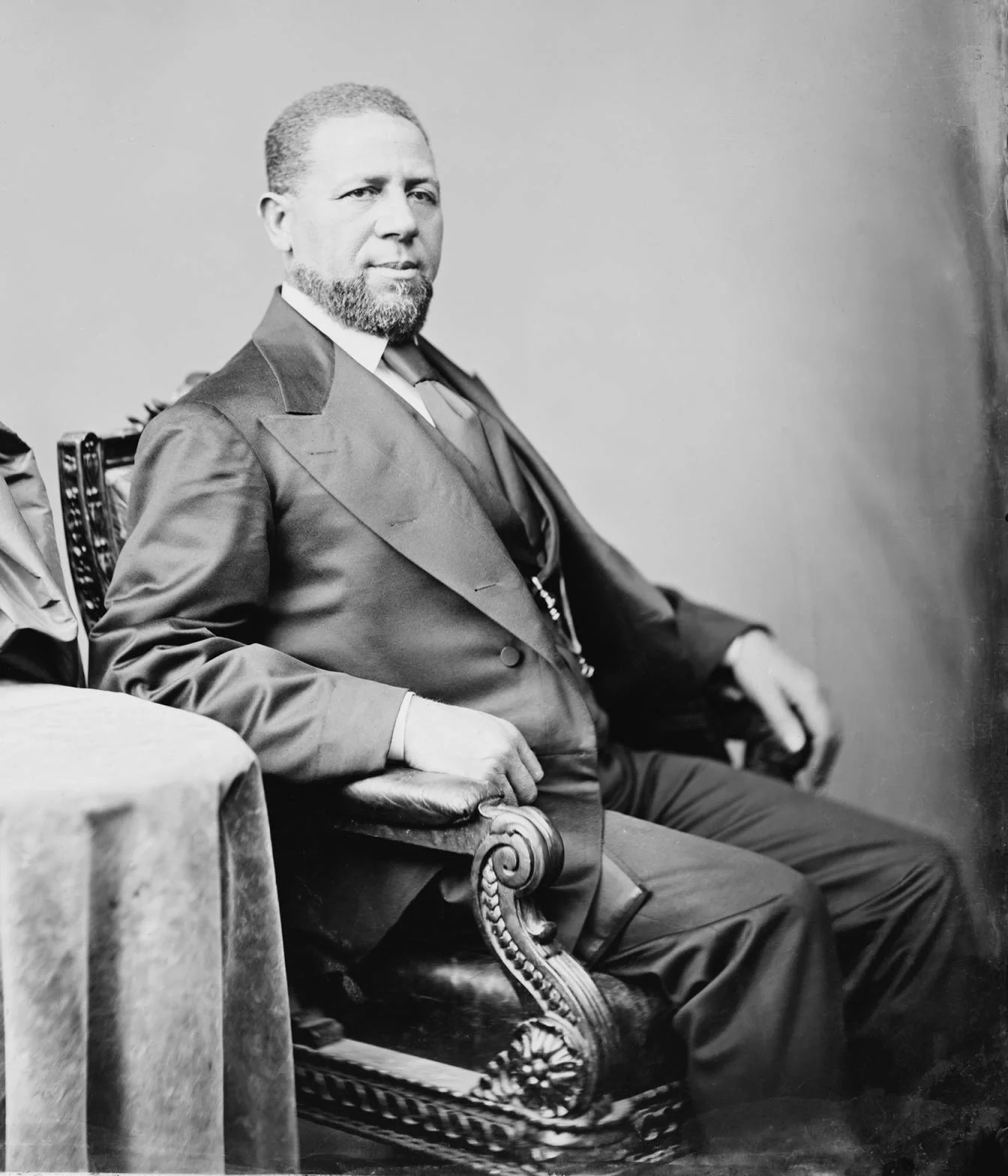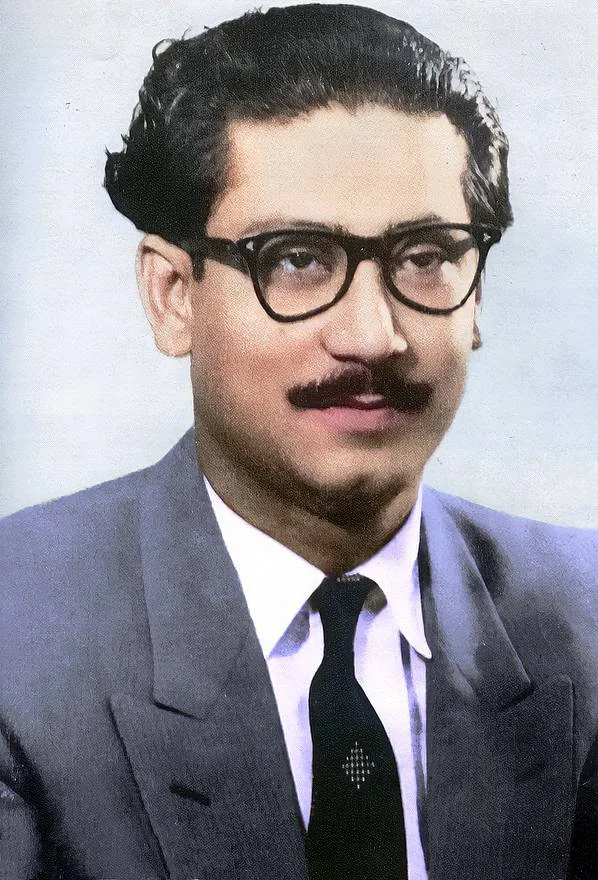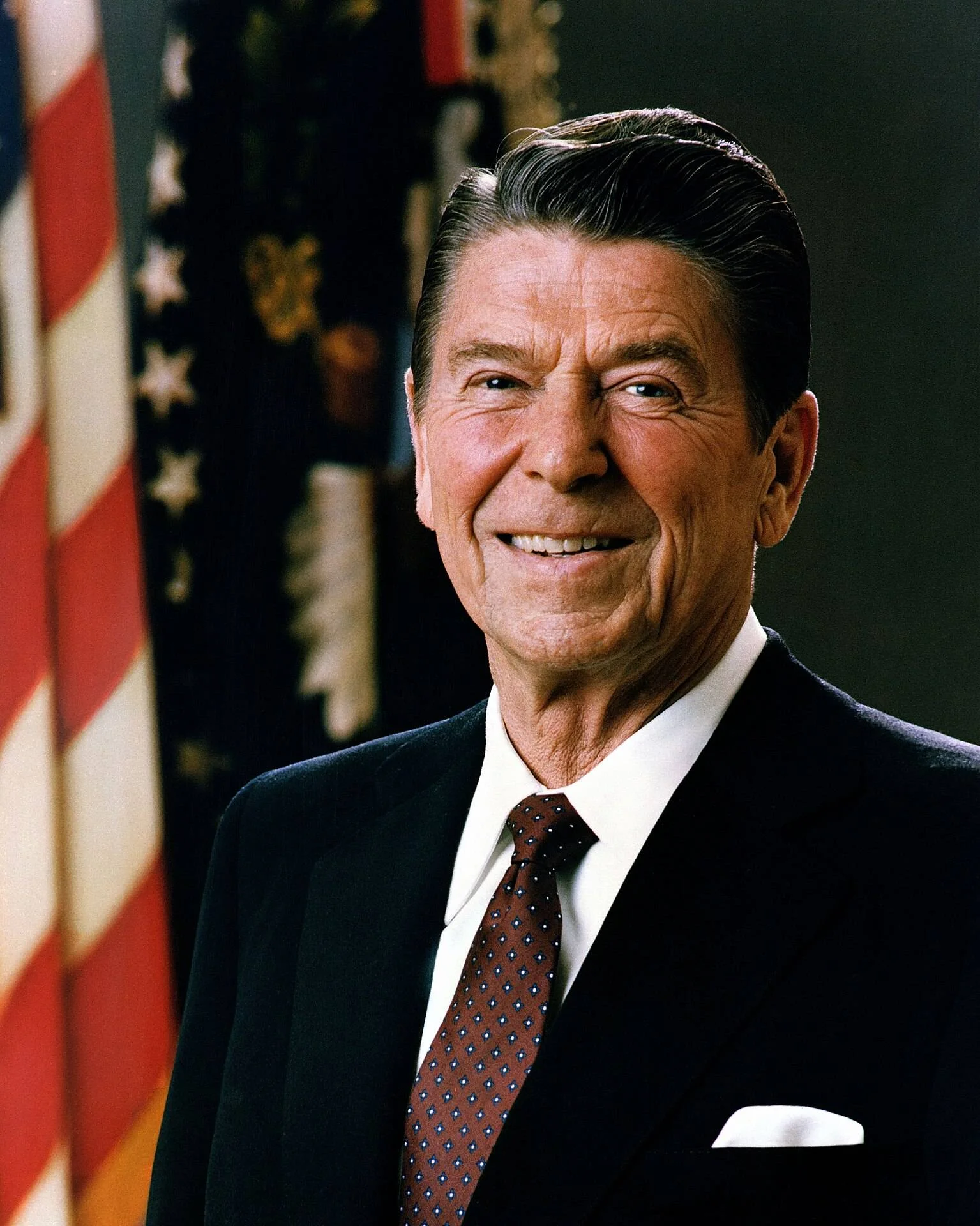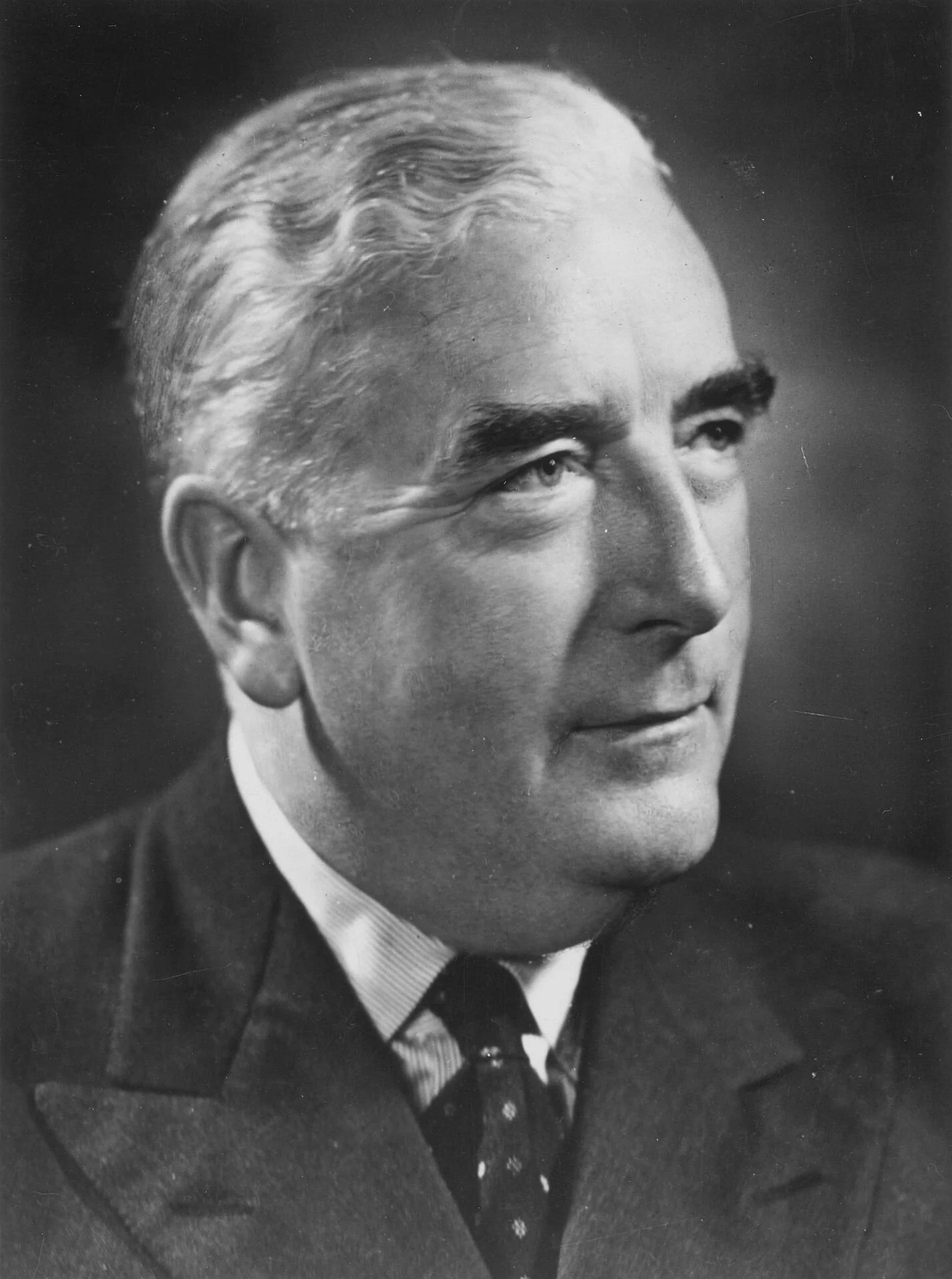Real Celebrities Never Die!
OR
Search For Past Celebrities Whose Birthday You Share

Jomo Kenyatta
Birthday:
20 Oct, 1897
Date of Death:
22 Aug, 1978
Cause of death:
Heart attack
Nationality:
Kenyan
Famous As:
Anti-colonial activist
Age at the time of death:
80
Jomo Kenyatta's Quote's
Early Life and Education
Jomo Kenyatta, born on October 20, 1897 (exact date not known), in Gatundu, British East Africa (now Kenya), was a prominent political figure and the first President of Kenya. His life and political career were marked by struggle, activism, and the fight for independence from colonial rule. Jomo Kenyatta was born as Kamau Ngengi to parents Moigoi and Wambui in a Kikuyu farming family. Growing up in colonial Kenya, Kenyatta witnessed the injustices and inequalities faced by African communities under British rule.
In 1912, he enrolled at the Church of Scotland Mission School in Thogoto, where he received his early education. Kenyatta excelled academically and eventually became a teacher at the school. His experiences as a teacher shaped his understanding of the struggles faced by his community. In 1922, Kenyatta was selected for further education at the Government African School in Kabete. However, instead of continuing his studies in Kenya, he decided to travel to London to pursue higher education. In London, he enrolled at the London School of Economics (LSE) and became actively involved in Pan-African and anti-colonial movements.
Influence and Activism
During his time at LSE, Kenyatta engaged with influential African and Caribbean intellectuals, such as Kwame Nkrumah and George Padmore, who shaped his political ideologies and advocacy for African self-determination. In 1928, he published his influential book, “Facing Mount Kenya,” which explored the cultural traditions and history of the Kikuyu people. The book helped to promote a sense of cultural pride and awareness among African communities and highlighted the importance of decolonization.
Jomo Kenyatta completed his studies at LSE in 1930 and returned to Kenya, where he emerged as a leading advocate for African rights and independence. He became actively involved in nationalist movements and was instrumental in organizing political resistance against colonial rule. In the 1940s, Kenyatta played a crucial role in the formation of the Kenya African Union (KAU), a political organization dedicated to fighting for African rights and representation. He traveled extensively within Kenya, mobilizing support and raising awareness about the injustices faced by Africans.
Imprisonment and Symbol of Resistance
In 1952, a state of emergency was declared in Kenya following the Mau Mau uprising against British colonial rule. Kenyatta was arrested and charged with being a leader of the Mau Mau movement. He was subsequently imprisoned for seven years, during which time he continued to advocate for independence. Kenyatta’s imprisonment did not diminish his influence. He became a symbol of resistance and liberation, inspiring others to fight for their rights. His incarceration also allowed him to further develop his political ideology and strategies for achieving independence.
Path to Independence
Following his release from prison in 1961, Kenyatta emerged as a key negotiator in the discussions with the British colonial government. He played a pivotal role in the Lancaster House Conferences in London, which led to the eventual independence of Kenya. On December 12, 1963, Kenya gained independence, and Kenyatta became the country’s first Prime Minister. In 1964, Kenya declared itself a republic, and Kenyatta became the first President of the Republic of Kenya.
Presidency and Legacy
As President, Kenyatta focused on nation-building and promoting economic development. However, his government also faced criticism for its centralization of power and alleged human rights abuses. Jomo Kenyatta served as President until his death on August 22, 1978. He left behind a complex legacy, revered by some as the founding father of Kenya and a champion of African independence, while others criticized his governance style and handling of certain issues. Despite the controversies surrounding his presidency, Kenyatta’s contribution to the fight against colonialism and his role in shaping Kenya’s early years as an independent nation cannot be overlooked. His efforts laid the foundation for the socio-political landscape of modern Kenya.
Name:
Jomo Kenyatta
Popular Name:
Jomo Kenyatta
Gender:
Male
Cause of Death:
Heart attack
Spouse:
Place of Birth:
Ngenda, British East Africa
Place of Death:
Mombasa, Coast Province, Kenya
Occupation / Profession:
Personality Type
Defender Very dedicated and warm protectors, always ready to defend their loved ones. He was very caring and always stand for his people.
His tribe of Kikuyu people didn't keep track of birthdates in terms of calendar years, so the exact date is unknown.
Jomo Kenyatta was Keny’s first prime minister as well as its first president.
Father of the Nation
First president of Kenya

